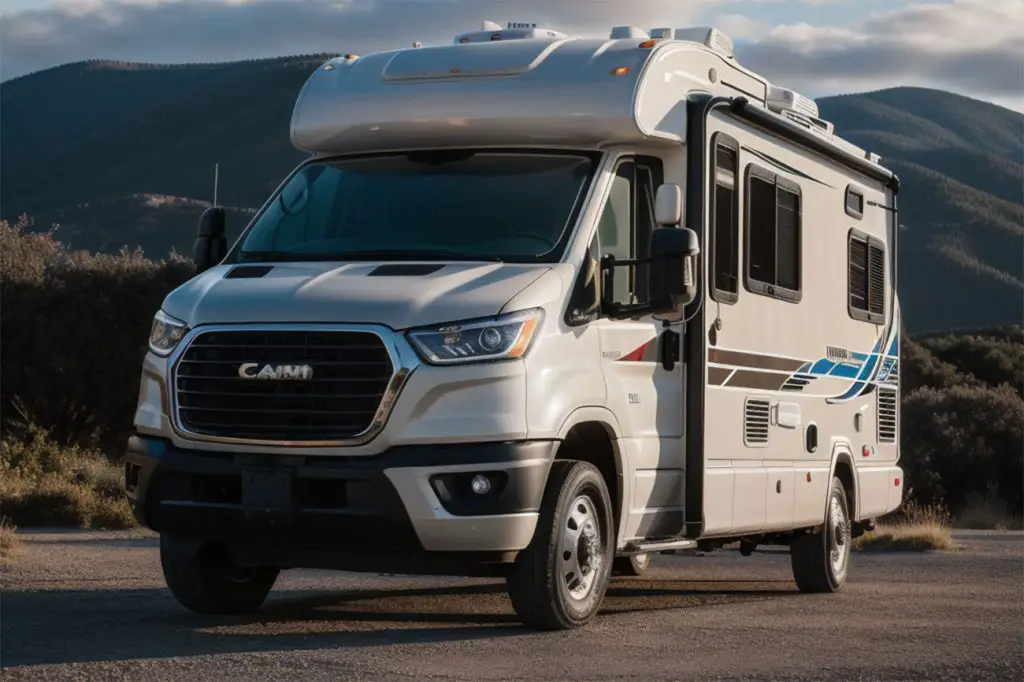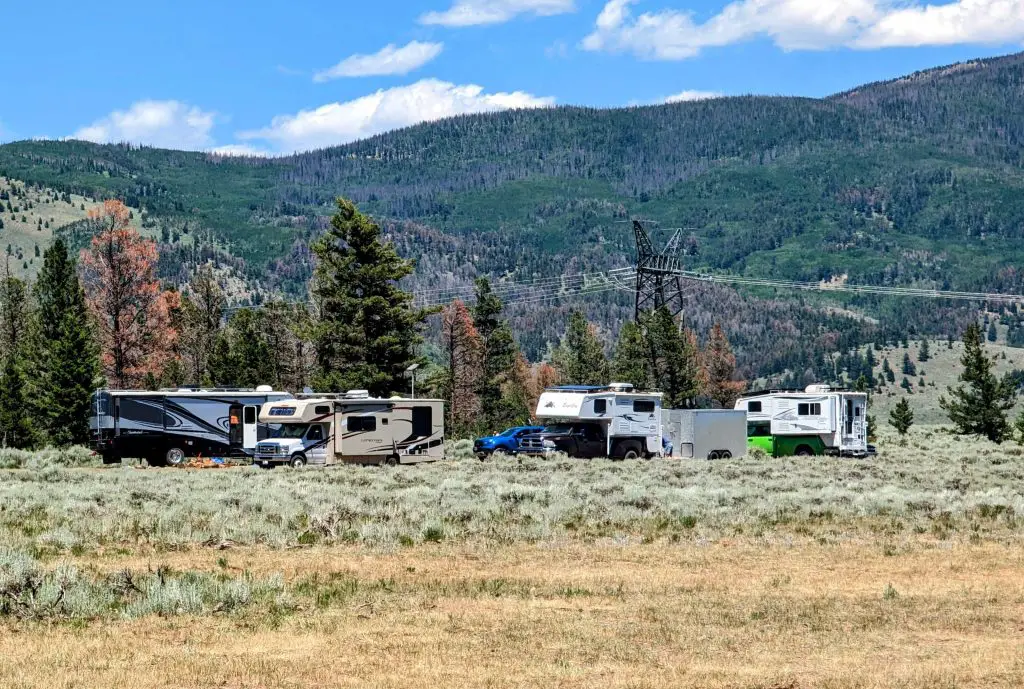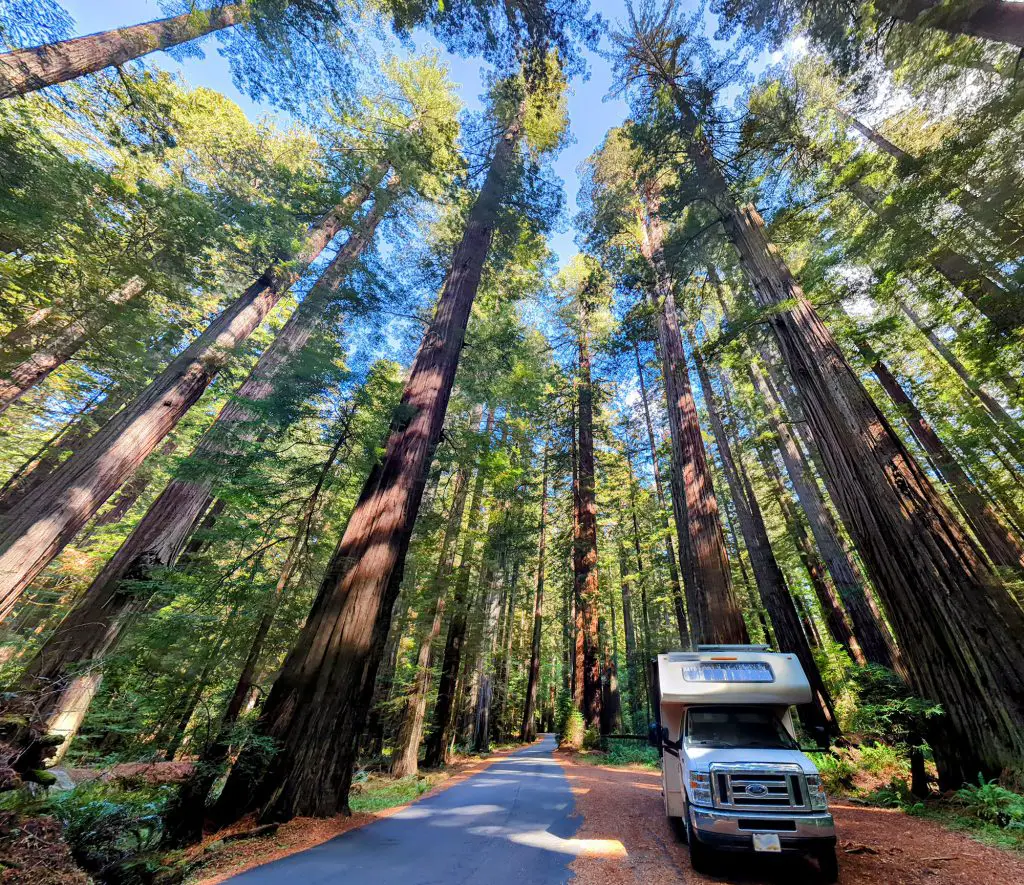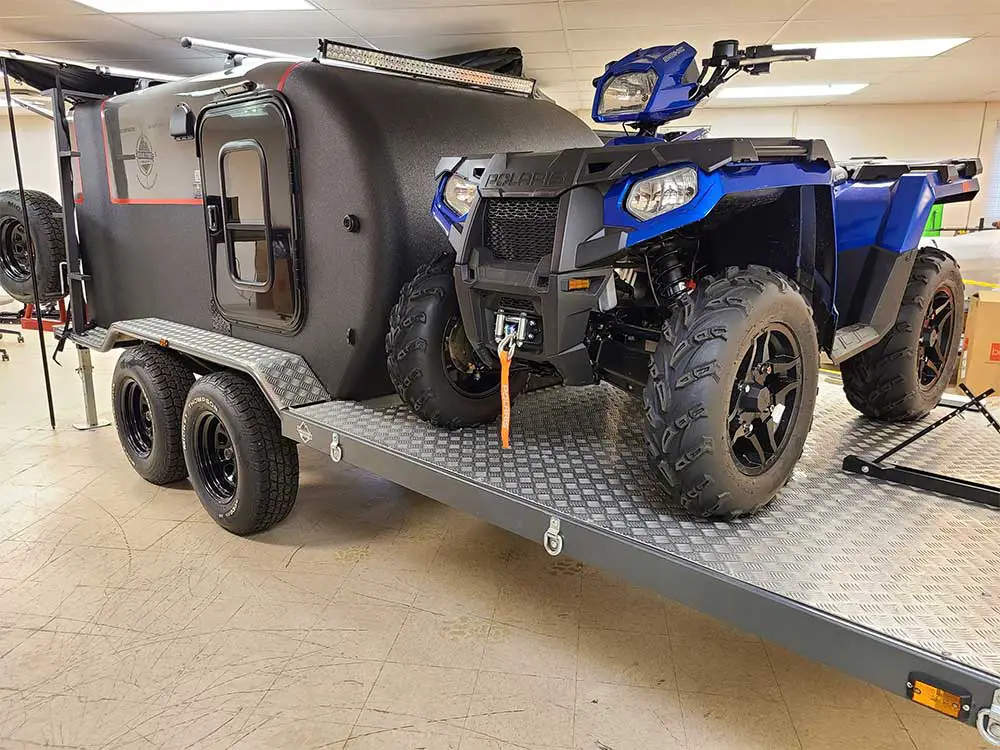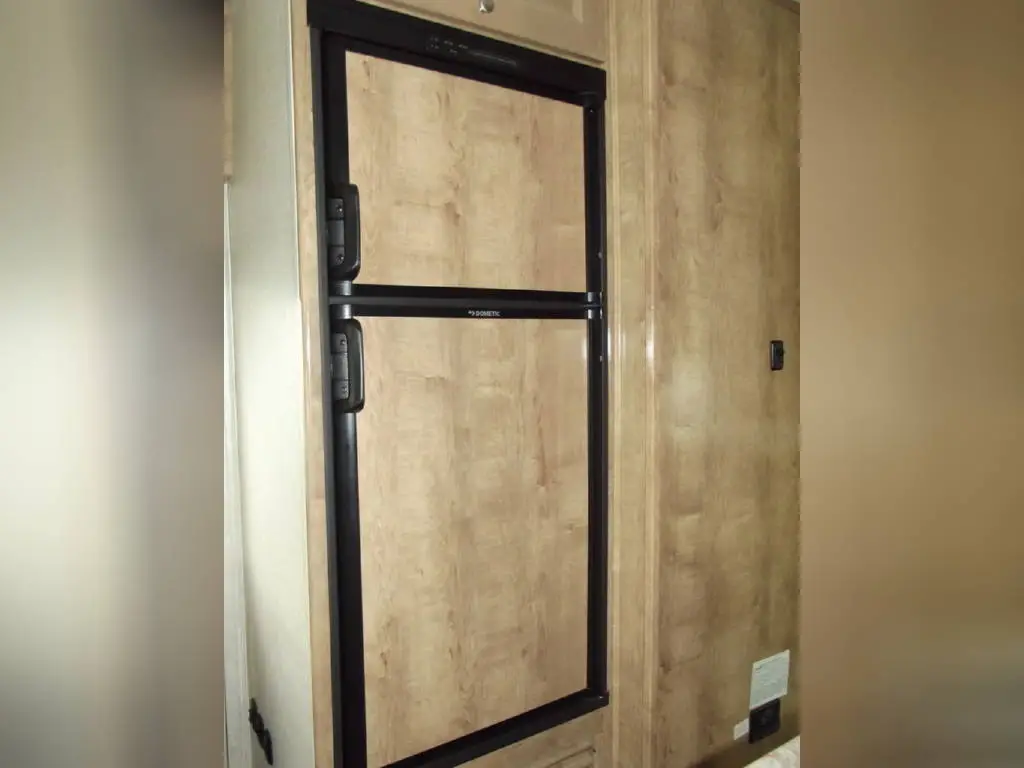Last Updated on February 14, 2024
Key Takeaways:
Pros:
- Financial Freedom: RV living reduces living expenses, offering flexibility in spending.
- Embrace Nature: Enjoy scenic views and outdoor activities, fostering a deeper connection with nature.
- Flexibility: Freedom to travel, explore, and experience new adventures without rigid routines.
- Community: Join RV clubs, events, and social circles, forming bonds with like-minded individuals.
- Simplified Living: Embrace minimalism, focusing on experiences over material possessions.
Cons:
- Limited Space: Downsizing and storage challenges, potentially straining relationships.
- Maintenance: Regular upkeep and repairs can be time-consuming and costly.
- Weather Challenges: Extreme weather conditions may pose safety concerns and discomfort.
- Social Isolation: Difficulty in building stable friendships while constantly on the move.
- Financial Instability: Uncertainty in income and expenses, leading to stress and financial challenges.
Living the RV lifestyle is a dream of many people especially those who love to travel, explore new places, and work remotely. Nowadays, remote work has become more popular than ever, and many people are opting for this kind of lifestyle. However, living in an RV full-time while working remotely is not easy, and there are pros and cons to consider. It’s important to be aware of these before you take the leap. In this blog post, we’ll explore the ups and downs of living in an RV full-time while working remotely.
Pros:
More financial freedom and flexibility
One of the great draws of living in an RV full-time is financial freedom. RV life can be anything you can afford. RV living can significantly reduce your living expenses. Depending on where you choose to live, you can live with no monthly rental costs, mortgage payments, or condo fees. You can spend less or more depending on your income. RV living also comes with a lower utility bill and cheaper car insurance rates since your RV is classified as a recreational vehicle and not a home.
Embrace the beauty of the outdoors
Living in an RV gives you the freedom to be wherever you want, whenever you want. RVers can appreciate many natural wonders that may have been otherwise unexplored. From prairies to mountains to oceans, you get the chance to take in the best views, tranquil moments, and peaceful surroundings the world has to offer. It also provides an excellent opportunity to stay connected to nature.
It allows people to immerse themselves in nature and enjoy the great outdoors. With the ability to park in scenic locations, campgrounds, or national parks, RV dwellers can wake up to breathtaking views, go hiking, fishing, or simply relax in nature’s tranquility. This close connection with the natural world often fosters a sense of peace, serenity, and well-being.
Flexibility and adventure
One of the defining features of RV life is the freedom to go wherever, whenever. Living in an RV means that you won’t be bound to stifling routines. You get the freedom to move, explore, and experience new things at your leisure. RV living also allows you to skip the tedious protocols associated with moving from one location to another. You no longer need to book accommodation, check-in times, and room deposits.
A sense of community
The RV lifestyle creates a sense of community amongst the RVers. There are clubs you can join and events where you can meet fellow RVers. This offers a chance to join numerous communities of people who share a similar passion. This aspect creates opportunities to meet new people, make new friends, and join existing social circles. You can also travel together with your like-minded friends.
Simplified Living
RV living encourages a simpler and more minimalist lifestyle. It requires downsizing and prioritizing your belongings, which can be liberating for those seeking to declutter and reduce material possessions. Living in a smaller space often means less maintenance, cleaning, and overall responsibilities, allowing individuals to focus on experiences and personal fulfillment instead.
Can Solar Run The AC in the RV?
[amazon table=”11062″]
Cons:
Limited space and storage: One of the biggest challenges of living in an RV full-time is that everything needs to fit into a much smaller space. You’ll have to downsize and declutter anything that you don’t need to carry with you, and make sure that every square inch of your RV is utilized for storage. You may also find that living in a small space with your partner or family can put a strain on your relationships, and it can be tough to find personal space.
Maintenance is constant: Living in an RV isn’t just about hitting the road and enjoying the scenery. You’ll also need to be responsible for the overall care and upkeep of the RV, which means regular maintenance checks, repairs, cleaning, and more. Since you’re essentially living in a house on wheels, there’s always something that needs to be fixed or upgraded, which can quickly add up in terms of time and money.
Weather woes: One of the benefits of RV living is the ability to travel and experience all kinds of different climates and weather conditions. However, inclement weather can also pose some significant challenges. For example, high winds, thunderstorms, and snow can make it difficult sometimes to drive or park your RV safely. Extreme heat or cold can also make it uncomfortable to live in your RV, especially if you’re not equipped with proper heating and cooling systems.
Finding friends: While you may be able to meet other like-minded RVers while on the road, full-time RV living can also be isolating. You may miss having a stable community of friends and family nearby, and it can be tough to make new connections constantly moving from place to place. Plus, there’s no guarantee that you’ll always be parked in an RV-friendly area where you can socialize or connect with others.
Financial instability: Finally, living in an RV full-time can be financially unstable, especially if you’re not retired or have a stable, remote income. Gas, campground fees, and repairs can add up quickly, and you may struggle to find work or make a consistent income while constantly on the move. This can create significant stress and uncertainty, especially if you’re not used to living with these kinds of financial challenges.
Conclusion:
Living in an RV full-time while working remotely can be a thrilling and adventurous experience. The freedom, cost-effectiveness, and opportunity for adventure are just some of the benefits of this lifestyle. However, there are cons to consider, such as limited space, maintenance requirements, internet connectivity, and isolation. It’s important to weigh the pros and cons and determine if living in an RV full-time while working remotely is right for you. If you’re up for a challenge, this lifestyle might be just what you’re looking for.


